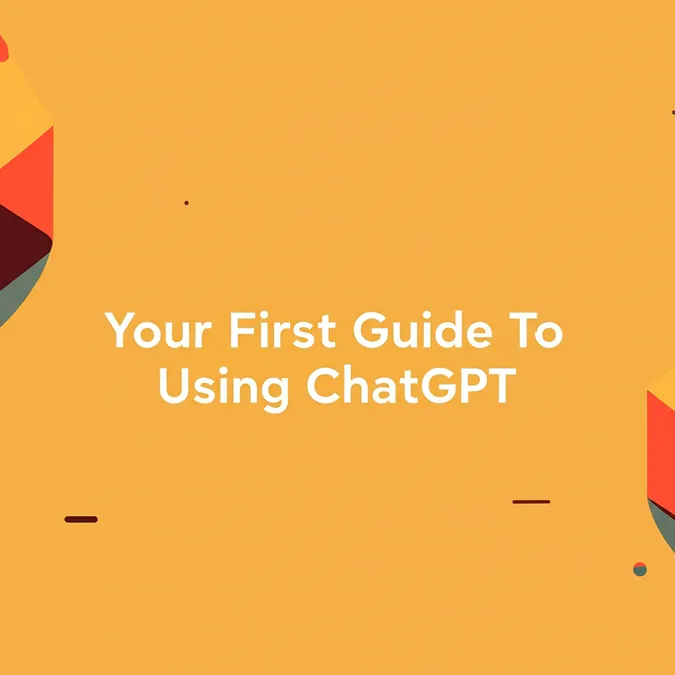Developer Offer
Try ImaginePro API with 50 Free Credits
Build and ship AI-powered visuals with Midjourney, Flux, and more — free credits refresh every month.
How AI Is Fueling The Pay Expectation Gap
A new and unexpected stakeholder is entering your company's salary negotiations: artificial intelligence. According to new research from compensation software company Payscale, generative AI tools like ChatGPT are reshaping how employees approach discussions about pay.
The AI-Fueled Expectation Gap
The study, which surveyed 1,000 employees and 500 compensation leaders, highlights a growing disconnect between employer and employee salary expectations. A key driver of this trend is the adoption of AI for salary research.
The report reveals that 18% of employees are now using AI assistants to source salary information. Of this group, a significant 27% admit that the information has "inflated their expectations." Employers are feeling the impact, with 38% agreeing that these tools lead to higher salary demands.
A Crisis of Confidence
This new dynamic is creating what the study calls a "confidence gap." While an overwhelming 93% of employers believe their employees trust their pay decisions, the reality is quite different. Only 69% of employees actually express trust in their employer's compensation logic.
"The fundamental issue is that they’re [employers and employees] looking at the same object through two different lenses,” says Ron Seifert, a senior client partner at Korn Ferry.
Employers base decisions on a wide range of internal and external data, including compensation surveys, performance metrics, and internal equity for the same role. Employees, on the other hand, increasingly consult ChatGPT, social media, and career websites. This creates a dissonance that can lead to friction and mistrust.
How HR Can Navigate the New Normal
So, what should HR leaders do? Seifert advises a proactive and empathetic approach. He told HR Brew that it's crucial to assume employees will come to the table armed with their own data, some of which may be misinformation.
Here are his key recommendations for handling these conversations:
- Acknowledge and Empathize: Instead of being defensive, acknowledge the employee's research and perspective. Empathy is the most important first step.
- Be Transparent: Share the company's perspective on how pay decisions are made. Present your methodology and the data you use in a clear, dispassionate way.
- Assess Motivation: Try to understand what is driving the conversation. Is it a competing job offer, or a personal financial need? The motivation can help determine the best course of action for both the company and the employee.
- Focus on Growth: Seifert notes that employees rarely leave solely for a 10-15% pay increase. He suggests working with employees to identify their career goals and create a clear plan to achieve them within the company, which often means more than just a salary bump.
"An employee discussion isn’t going to change an employer’s mind about their practices,” he stated, emphasizing that the key is to explain those practices, not necessarily to change them on the spot.
This report was originally published by HR Brew.
Compare Plans & Pricing
Find the plan that matches your workload and unlock full access to ImaginePro.
| Plan | Price | Highlights |
|---|---|---|
| Standard | $8 / month |
|
| Premium | $20 / month |
|
Need custom terms? Talk to us to tailor credits, rate limits, or deployment options.
View All Pricing Details

